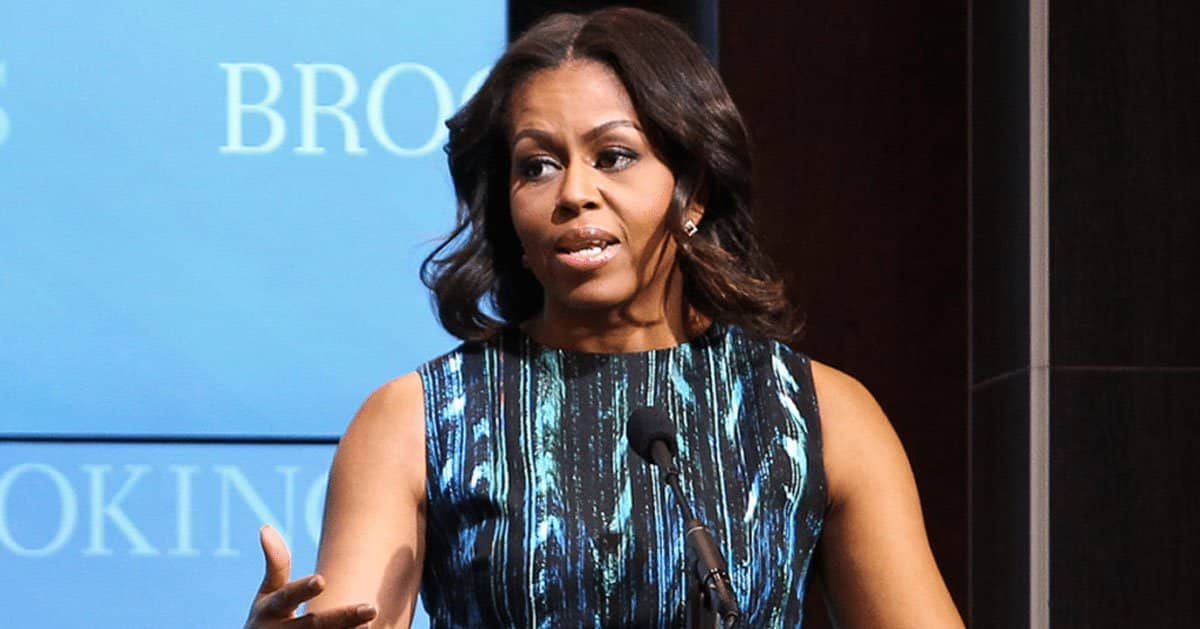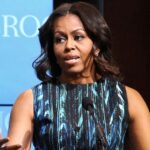







A Stanford infectious disease expert has confessed to a major misstep on COVID-19 policy for kids.
The Daily Caller reported that during a Senate hearing titled “How the Corruption of Science has Impacted Public Perception and Policies Regarding Vaccines,” Jake Scott, a specialist from Stanford University School of Medicine, admitted he was wrong to advocate masking two-year-olds during the COVID-19 pandemic.
Ohio Sen. Bernie Moreno pressed witnesses on whether toddlers should have worn masks, and all agreed they shouldn’t have.
In January 2021, Scott tweeted that he masked his own two-year-old and urged others to follow suit. That stance, once boldly proclaimed, crumbled under scrutiny as he faced Moreno’s pointed questioning. “I changed my mind … I’m admitting it,” Scott said, a rare moment of humility in a polarized debate.
Scott’s reversal highlights the shifting sands of COVID-19 science, where early certainty often outpaced evidence. The U.S. The Health and Human Services Department’s Head Start program mandated masks for kids as young as two until a Texas federal judge struck it down in 2023. That ruling exposed the fragility of policies built on shaky assumptions.
The debate over masking toddlers was fierce, with proponents claiming kids could spread the virus despite the low risk of severe illness. Opponents, armed with emerging data, argued masks were unnecessary and potentially harmful. The science wasn’t settled, but the mandates were.
A June 2021 study in the Journal of the American Medical Association Pediatrics section added fuel to the fire. Researchers from Germany, Poland, and Austria found that masking kids increased carbon dioxide levels in both inhaled and exhaled air.
“Suggest that children should not be forced to wear face masks,” the study’s authors concluded, challenging the prevailing narrative.
Despite mounting evidence, the Centers for Disease Control and Prevention doubled down. In June 2021, the CDC recommended masks for unvaccinated kids over two while indoors.
“The CDC recommendations still maintain that for children who are not vaccinated … they should still wear masks,” Dr. Anthony Fauci said in May 2021, a stance that now feels like a relic of overcaution.
Fauci’s words, once gospel for many, ring hollow against the study’s findings. Forcing toddlers to mask up, especially in light of potential health risks, looks less like science and more like dogma. The CDC’s grip on policy ignored the real-world toll on kids.
Sen. Moreno’s questioning cut through the fog of bureaucratic inertia. By challenging witnesses to revisit their stance on toddler masking, he exposed a crack in the narrative that science was infallible. Every witness, including Scott, conceded the error, a small but significant victory for clarity.
The masking debate wasn’t just about cloth on faces; it was about trust in institutions. When experts like Scott pushed policies later deemed questionable, parents felt betrayed. The admission of error, while commendable, doesn’t erase the confusion sown among families.
Proponents of toddler masking leaned on the argument that kids could be vectors for the virus. Yet, the low risk of severe outcomes for children made the blanket mandate feel like overreach. The science was murky, but the rules were ironclad—until they weren’t.
The 2023 Texas court ruling was a turning point, halting the Head Start mandate. It gave parents a reprieve from policies that seemed more about control than care. But the damage to public faith in health authorities lingered.
Scott’s mea culpa is a reminder that science evolves, but policy often lags. His January 2021 tweet, once a badge of virtue, now reads like a cautionary tale of rushing to judgment. Admitting fault takes guts, but it’s a start toward rebuilding trust.
The June 2021 study’s findings on carbon dioxide levels raised alarms that were too often dismissed. Forcing toddlers to breathe through masks for hours wasn’t just impractical—it may have been harmful. Yet, the policy steamrolled ahead, deaf to dissent.



